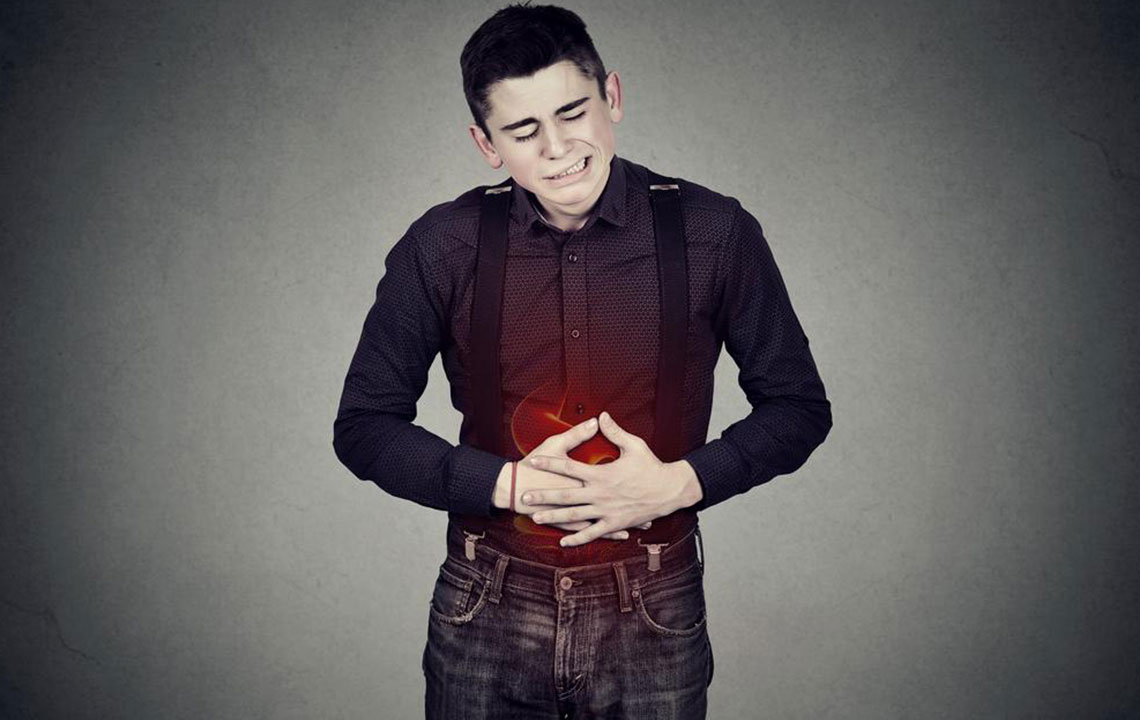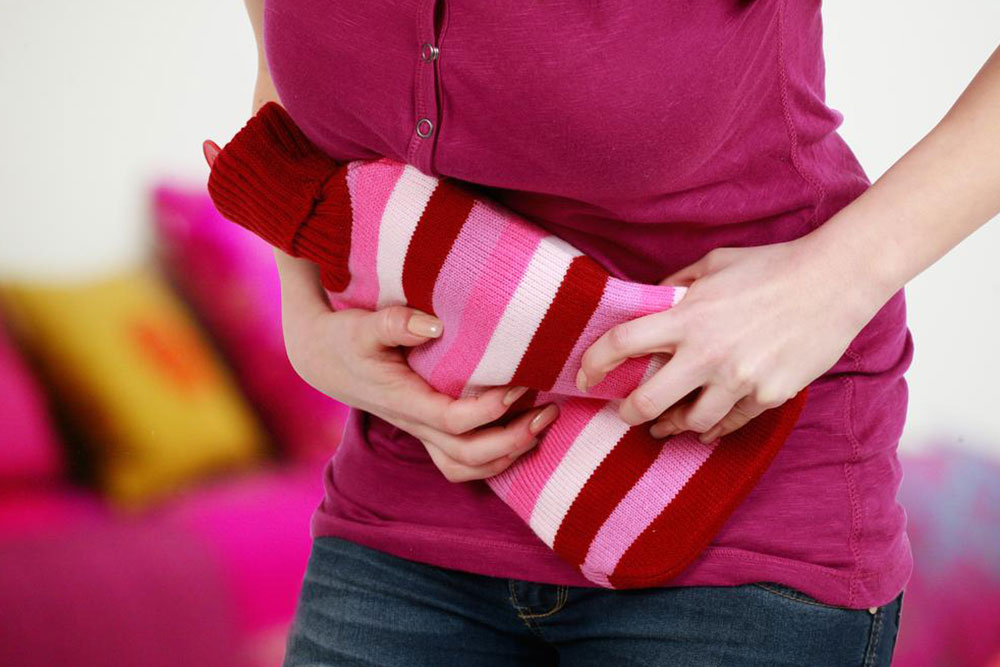Understanding Kidney Stones: Causes, Symptoms, and Remedies
This comprehensive guide explores the causes, symptoms, and treatment options for kidney stones. Learn about effective home remedies, preventive measures, and medical procedures to manage and reduce the risk of developing kidney stones. Understanding these aspects can help you take timely action and maintain urinary health.
Sponsored

Overview of Kidney Stones and Their Management
Kidney stones develop when minerals and substances in urine accumulate and form solid masses within the urinary system. These stones vary in size from tiny grains to larger-sized pebbles, affecting any part of the urinary pathway from the kidneys to the bladder. While many stones pass naturally, some may require medical intervention if they cause significant discomfort or blockages. This article explores the causes, symptoms, treatment methods, and effective home remedies for kidney stones.
What leads to the formation of kidney stones?
High concentrations of minerals such as calcium, oxalate, and uric acid in urine contribute to stone development when urinary fluid cannot adequately dilute these minerals. Factors increasing risk include:
Dehydration – Not drinking enough water makes urine more concentrated, promoting stone formation.
Diet – Consuming foods high in oxalates like spinach, rhubarb, and cereals can elevate risks.
Salt Intake – Excessive salt from processed or canned foods raises calcium levels, increasing stone risk.
High Calcium in Urine – Elevated calcium excretion, known as hypercalciuria, can lead to calcium-based stones.
Digestive Issues – Gut health problems are linked to higher susceptibility.
Obesity – Excess weight is a significant risk factor.
Genetics – Family history predisposes some individuals.
Medications – Drugs like diuretics, certain anti-seizure medicines, and calcium-based antacids can increase risk.
Chronic Conditions – Conditions such as diabetes and hypertension are connected to higher chances of developing stones.
Identify the symptoms to seek timely treatment:
Frequent Urge to Urinate – Indicates possible stone movement in the urinary tract.
Pain and Burning During Urination – Signifies stone is near the bladder or ureter.
Sudden Pain in Back, Side, or Abdomen – Often caused by a stone blocking the ureter, resulting in severe discomfort.
Blood in Urine – Appears as pink, brown, or red discoloration, sometimes visible only under a microscope.
Foul-smelling or Cloudy Urine – May signal infection or the presence of stones.
Fever and Chills – Symptoms of infection associated with stones.
Home remedies that may help dissolve kidney stones include:
Dandelion root
Kidney beans
Horsetail herb
Pomegranate juice
Organic celery
Basil
Apple cider vinegar
Treatment options based on stone size:
Large stones – Procedures like extracorporeal shock wave lithotripsy (ESWL) use sound waves to break stones into smaller pieces for easier passage. Surgery may be necessary for very large stones.
Small stones – Increasing water intake, using mild pain relievers, and medications can facilitate natural passage.
Strategies to prevent kidney stones:
Stay well-hydrated
Reduce sodium intake
Avoid high doses of vitamin C supplements
Limit consumption of animal protein
Eat fewer oxalate-rich foods






